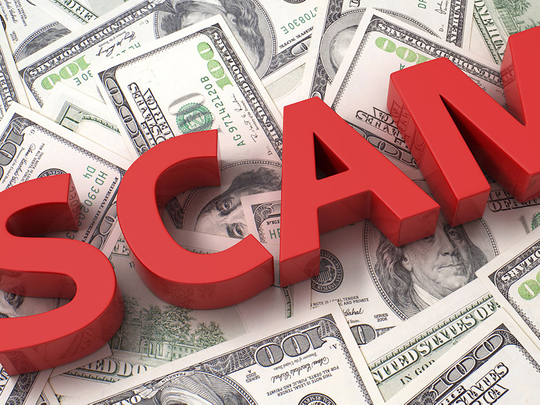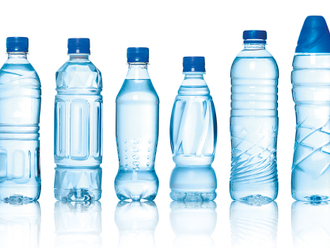
Dubai: In the latest scam targeting Dubai residents, con artists are now duping Internet users into believing that the Emirates National Oil Company (Enoc) is handing out a cash prize worth over Dh600,000.
The scam, which was sent via e-mail, claims that it is a free lucky draw, as part of its international annual promotion in the fight against HIV/Aids awareness campaigns. The letter further states that eight lucky winners in this year’s draw won US$170,000.
When contacted by Gulf News, Enoc confirmed that no such raffle draw exists.
In the event when Enoc does offer promotions, the cash prize has always been in the currency of UAE dirhams.
Dubai Police continuously carry out awareness campaigns to educate the public against scams, which includes the poplar line of “winning a cash prize.”
Lt Col Omar Bin Hammad, Deputy Director of the Anti-Economic Crime Department, previously said that in most instances of fraud, the common practice is to swindle victims through email, SMS and social media.
He said that anyone told they had won a prize should directly call the company who are allegedly giving it away.
“Dubai is a transient city and many new people go in and out of the city and are not aware of this trick and so they become victims and lose money,” he said.
How to keep safe online:
Avail of your bank’s or cardholder’s fraud-protection services:
1. For Visa holders, cardholders are not held liable if their cards are lost or stolen. Make sure you have a Visa anti-fraud systems, such as Verified by Visa, a password that confirms customer identity while making online payments. Take note of Visa transaction alerts and never brush off any suspicious activity even if the transaction is Dh1.
2. Do business with reputable vendors.
3. Make sure your information is being encrypted. Secure sites usually have URLs that begin with “https:” and a padlock icon.
4. Be wary of emails requesting information.
5. Check your shopping app settings and privacy policies of websites before giving your information.
6. Check your statements, keep receipts of your purchases and compare them to your bank statements.
Source: Visa, US Computer Emergency Readiness Team








